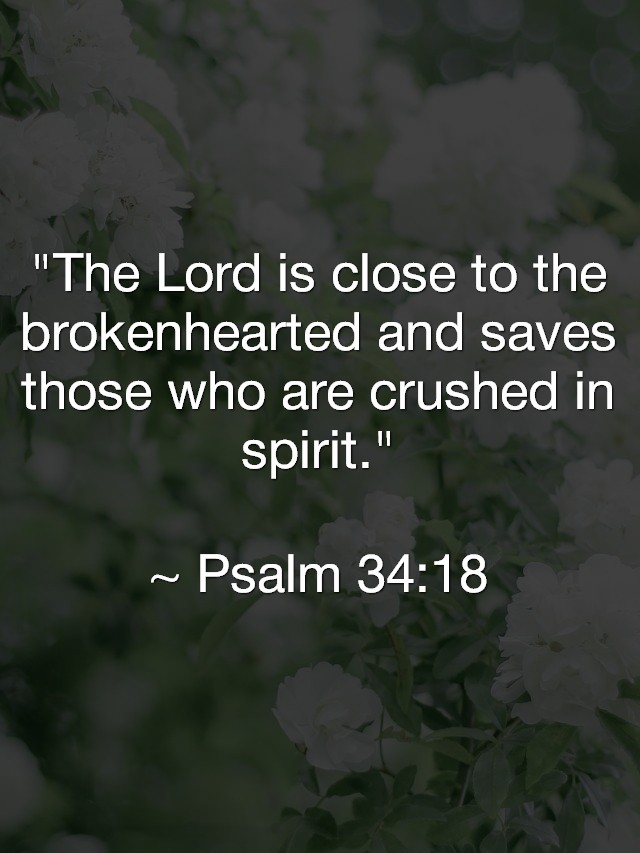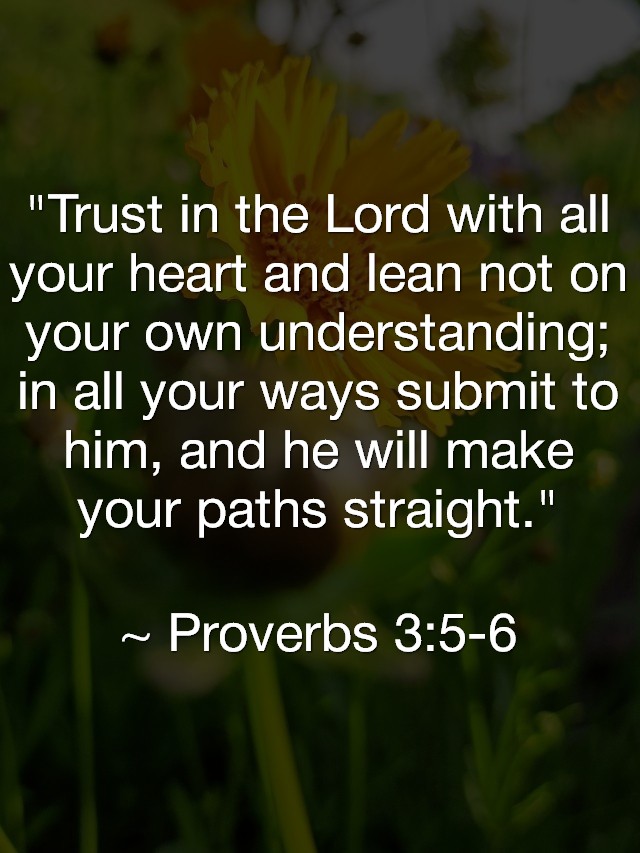Loving someone with an addiction can be one of the most challenging experiences in life. As a psych nurse with extensive experience in addiction, you are no stranger to the complexities of substance abuse. Yet, when it comes to your own relationship, the emotional toll can be overwhelming. This article aims to provide a Christian perspective on navigating love and addiction, offering hope and guidance for those in similar situations.
Carmen’s Story
I’m a psych nurse who works in addictions, mostly with opioid addicts. I’ve seen a lot when it comes to addiction since I live and breathe it for a living. My mother was an alcoholic and my ex-husband was an opioid addict, so this isn’t new territory for me.
Let’s call my current partner my “T-ex” (for hopefully Temporary ex) as I’m hoping our relationship can be salvaged. He was upfront from the beginning about his depression and history with drinking issues, including a DUI 10 years ago. Given my experiences, I thought I could handle it, but I really had no idea how bad it truly was until we got deeper into the relationship.
I drink socially and moderately, so I had no clue what I was getting into with T-ex. He’s the type of alcoholic who could easily slip into drinking hand sanitizer if he doesn’t get it under control. It starts with him being “good” and sober for a bit. Then he’ll drink beer or wine moderately for several weeks and things seem okay. But inevitably, he starts buying mini bottles of liquor and his drinking becomes less controlled. He gets obnoxiously drunk, we fight, and the next morning I remind him his drinking is escalating. He agrees, says he’ll do better by seeing his therapist, going to a meeting, etc.
But then it’s like he doubles down. Within 3 days he spirals into a drunken, useless puddle guzzling vodka minis, getting belligerent. An epic fight ensues, I’m at my wits’ end and threaten to end things if he doesn’t leave. The next morning he owns his faults, apologizes, and promises to get control again. Then the whole cycle repeats.
In our 4 years together, I’ve witnessed 8 withdrawal seizures, 16 times in detox, 2 psych hospitalizations for suicidal thoughts, and 2 rehab stints just in the last year. He got out of rehab in March but relapsed after just 2 days, though the 3 months after that were an improvement despite setbacks.
But he spiraled again recently. 3 weeks ago, I firmly broke up with him and kicked him out. He found a recovery house through his program and now lives there, working temp jobs. I was the breadwinner for most of our relationship as he cycled through jobs and joblessness. Even his best friends of 20 years cut him off after he got trashed at their place recently.
When he’s good, he’s a great man. He tries, owns up to his issues, goes to treatment, and acknowledges his self-loathing sabotages everything. But I’m at a loss now. The benefits of our split are knowing what I’ll come home to (no drunken drama) and that he’s finally at rock bottom working on himself since I’m not supporting him anymore.
He’s in a recovery house, going to therapy weekly, meetings daily, seeing an addiction counselor, in an outpatient program – he’s working it for himself and for us, since he’s lost everything except his family who barely tolerate him anymore.
I finally broke the cycle by kicking him out, but now I’m miserable. Part of me wants to hold my boundaries, but part wants to hope this time will be different despite past precedence. Am I crazy? Should I move on, or is a happy ending possible? I’m so lost but still in love with him. I miss the good weeks before he’d spiral into drunken jackassery, then rebound back. It feels like I may have thrown out a decent relationship because of a few miserable days a month. His own father is 29 years sober, so T-ex knows he needs to do this. But I’m the one who feels most lost despite being the one with my life together. My heart certainly doesn’t feel that way.
Note: All names and details have been changed to protect the privacy of the individuals involved.
Addiction is a chronic disease that affects the brain and behavior. It often involves cycles of relapse and recovery, making it difficult for both the addict and their loved ones. Your partner, whom we’ll call “T-ex,” has struggled with alcoholism for years, leading to repeated cycles of sobriety and relapse. This pattern is not uncommon and can be incredibly frustrating and heartbreaking.
The Role of Boundaries
Setting boundaries is crucial when dealing with an addicted loved one. Boundaries protect your emotional and physical well-being and can also motivate the addict to seek help. According to the Biblical Counseling Center, unhealthy relational patterns can become addictive when you feel controlled by another person or overly dependent on their approval. Establishing firm boundaries, as you did by kicking T-ex out, is a necessary step in breaking the cycle of codependency.
Come to me, all you who are weary and burdened, and I will give you rest. Take my yoke upon you and learn from me, for I am gentle and humble in heart, and you will find rest for your souls. For my yoke is easy and my burden is light.Matthew 11:28-30
The Power of Surrender
In Romans 7, the Apostle Paul discusses the struggle with sin and the power of the Holy Spirit as the solution. Addiction, like sin, is a disease that involves every part of us—spiritual, emotional, and physical. Surrendering control to God and seeking His guidance can provide the strength needed to navigate this difficult journey. Remember, you are not alone; God is with you every step of the way.
Seeking Professional Help
Professional help is essential for both the addict and their loved ones. T-ex is currently in a recovery house, attending therapy, meetings, and an outpatient program. This is a positive step towards recovery. As a Christian, it is also important to seek spiritual guidance. Books like “12 Steps with Jesus” by Don Williams and “Addiction and Grace” by Gerald May can offer valuable insights and support.
Isolation can exacerbate the struggles of addiction. Surrounding yourself with a supportive community can provide much-needed encouragement and accountability. Whether it’s through church, support groups, or trusted friends, having a network of people who understand and support your journey is invaluable.
Holding on to Hope
It’s natural to feel conflicted about whether to hold on to hope or move on. The Bible teaches us that love is patient and kind (1 Corinthians 13:4-7). However, it also teaches us to guard our hearts (Proverbs 4:23). Balancing these principles can be challenging, but it’s important to remember that true love seeks the best for the other person, even if it means making difficult decisions.
Love is patient, love is kind. It does not envy, it does not boast, it is not proud. It does not dishonor others, it is not self-seeking, it is not easily angered, it keeps no record of wrongs. Love does not delight in evil but rejoices with the truth. It always protects, always trusts, always hopes, always perseveres.1 Corinthians 13:4-7
Your story is a testament to the complexities of loving someone with an addiction. While the journey is fraught with challenges, there is hope. By setting boundaries, seeking professional and spiritual help, and leaning on a supportive community, you can navigate this difficult path. Remember, God is with you, and He has a plan for both you and T-ex. Whether that plan involves reconciliation or moving on, trust that He will guide you to a place of peace and healing.
So do not fear, for I am with you; do not be dismayed, for I am your God. I will strengthen you and help you; I will uphold you with my righteous right hand.Isaiah 41:10
Prayer
Heavenly Father, we lift up all those struggling with addiction and their loved ones. Grant them the strength to set healthy boundaries, the wisdom to seek help, and the peace that comes from trusting in You. May Your love and grace guide them through this difficult journey. In Jesus’ name, we pray. Amen.

Share the story with family and friends, allowing them to experience it alongside you.


